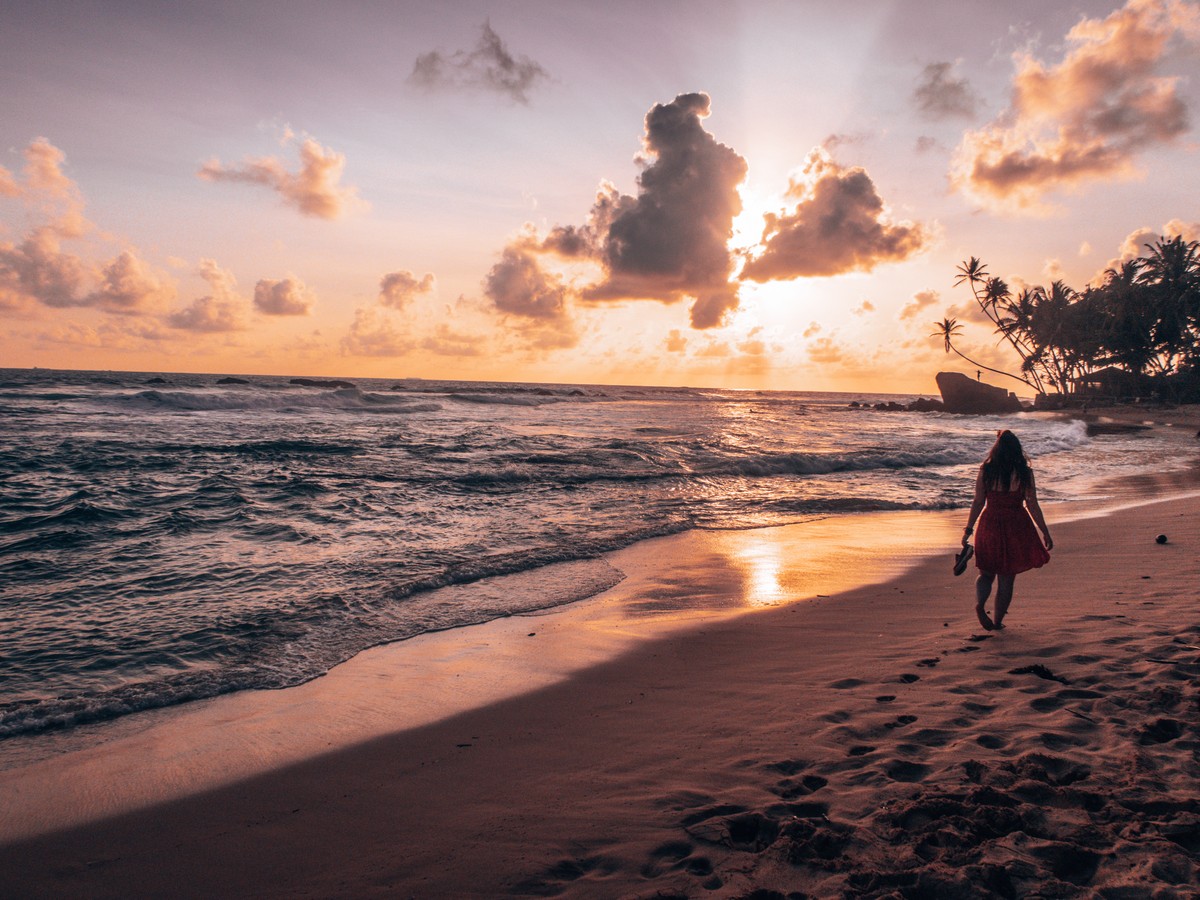Maintenance mode is on
Site will be available soon. Thank you for your patience!
Any further infoamation Please Contact us [email protected]
Site will be available soon. Thank you for your patience!
Any further infoamation Please Contact us [email protected]
